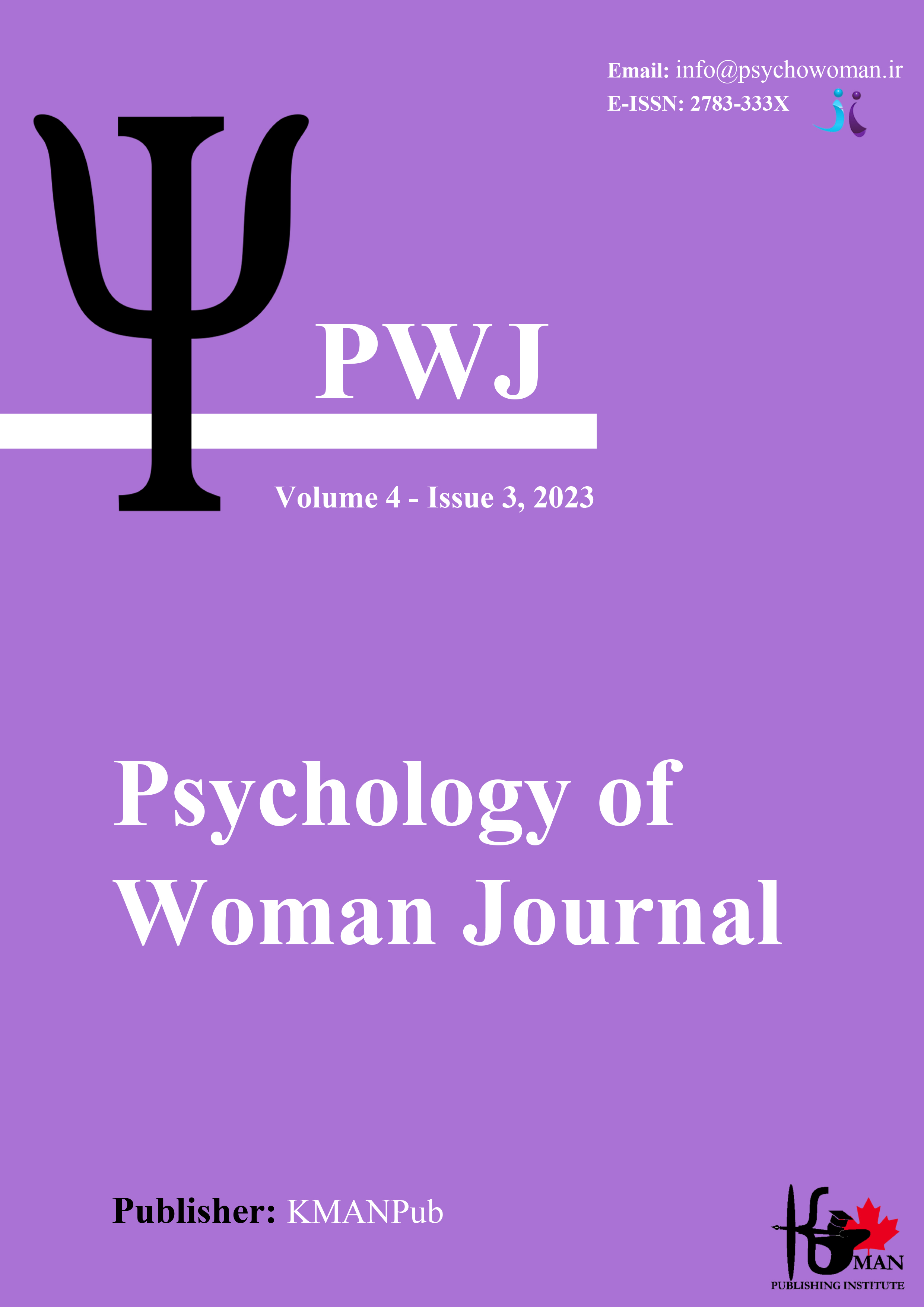Comparison of the Effectiveness of Cognitive Emotion Regulation Training and Metacognitive Therapy on Guilt and Depression in Mothers Experiencing Miscarriage
Keywords:
Cognitive Emotion Regulation Training, Metacognitive Therapy, Guilt, DepressionAbstract
Objective: Pregnancy loss has significant psychological effects on parents and some relatives, including feelings of guilt and depression, anxiety, sleep disorders, and more. Therefore, the aim of this study was to compare the effectiveness of cognitive emotion regulation training and metacognitive therapy on guilt and depression in mothers experiencing miscarriage.
Methods and Materials: This study is applied in nature and employs a quasi-experimental design with pre-test and post-test control groups. The statistical population included pregnant women in Tehran who experienced either voluntary or involuntary miscarriage, whether intentional or unintentional. A total of 60 women were selected through purposive sampling and divided into two groups: cognitive emotion regulation training (15 participants in the experimental group, 15 in the control group) and metacognitive therapy (15 participants in the experimental group, 15 in the control group). The data collection tools included the Granefski Cognitive Emotion Regulation Questionnaire, the Kugler Guilt Questionnaire, and the Beck Depression Inventory. Data analysis was performed using SPSS-24 software and multivariate analysis of covariance (MANCOVA).
Findings: The results indicated that cognitive emotion regulation training and metacognitive therapy had a significant impact on reducing guilt and depression in mothers who experienced miscarriage.
Conclusion: Based on the results of this study, it is recommended that policymakers and mental health practitioners design operational policies to enhance the mental health of mothers experiencing miscarriage.
Downloads
Downloads
Additional Files
Published
Issue
Section
License
Copyright (c) 2023 Zeinab Bandani, Maryam Sadat Mirazim , Zahra Khoshbakht, Malihe Nosratabadi, Hoda Zamani rad (Author); Farshad Samadi (Corresponding Author)

This work is licensed under a Creative Commons Attribution-NonCommercial 4.0 International License.










